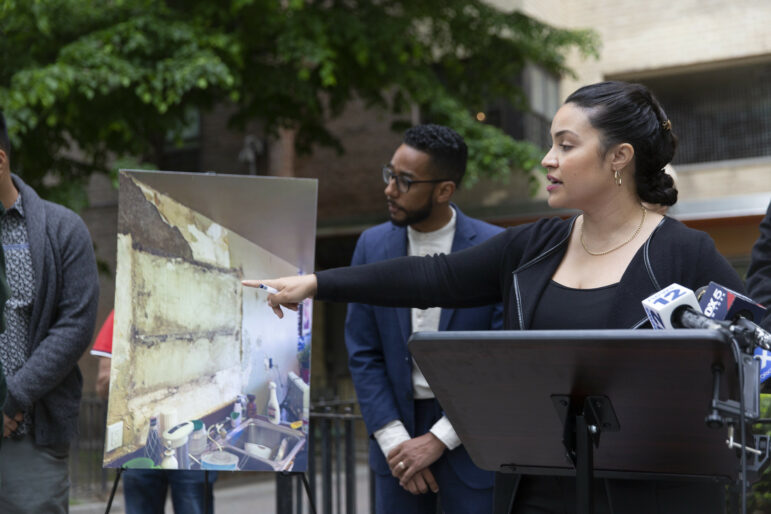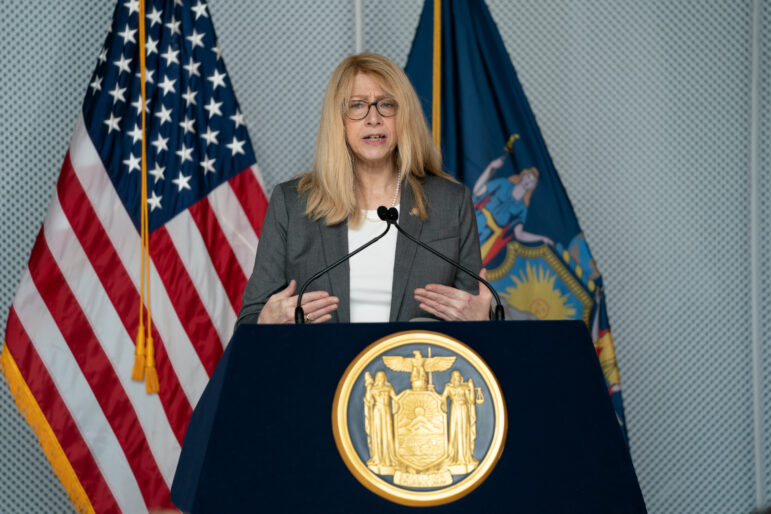One day three years ago, nearly 100 social workers gathered to discuss welfare reform, a hot topic for professionals serving low-income people. Their shared outrage about their clients’ growing difficulties with unyielding bureaucracies was tinged with concern about their own changing roles: focusing on short-term troubleshooting rather than long-term assistance.
“There was an incredible amount of frustration and anger not just because clients were having a harder time,” remembers Mimi Abramovitz, a professor at the Hunter College School of Social Work, “but because welfare reform had compromised our ability to delivery essential social services.”
That concern inspired Abramovitz and the New York City chapter of the National Association of Social Workers to survey the staff of 107 nonprofit human service agencies on the effects welfare reform has had on their work. In Jeopardy: The Impact of Welfare Reform on Non-Profit Agencies in New York City, funded by the United Way, is scheduled for release in late February.
Whether employed in youth organizing, health care promotion, literacy education or mental health counseling, social service professionals across the city have all had to shift their missions since 1996. Their new focus: helping clients fight for public assistance by battling sanctions, preparing defenses for appeals and arranging for emergency food and housing. In the meantime, workers at 60 percent of the agencies surveyed say they are “less able” to help with longer term problems like mental health and education.
For a copy of In Jeopardy, call Yvette Moody of the United Way at 212-251-4112.








